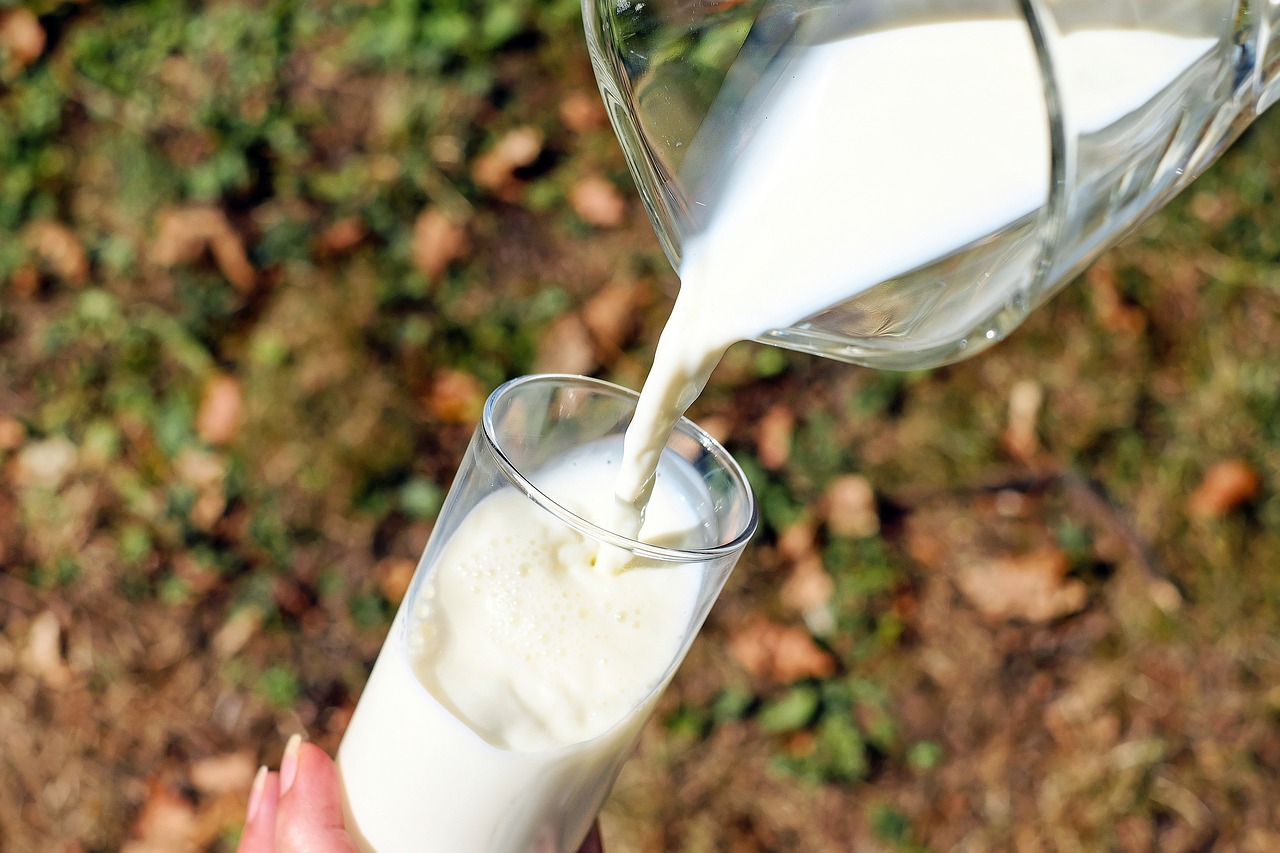 BLOCKCHAIN
BLOCKCHAIN
 BLOCKCHAIN
BLOCKCHAIN
 BLOCKCHAIN
BLOCKCHAIN
Swiss multinational food and drink company Nestlé SA announced today a pilot project that uses blockchain distributed ledger technology to enable customers to track food from farm to the dinner table.
The pilot, designed to bring supply chain transparency to the company, retail outlets and its customers, is being built in conjunction with OpenSC.
Founded by WWF-Australia, a wildlife and conservation program, and The Boston Consulting Group Digital Ventures, OpenSC developed a platform that provides anyone, anywhere the ability to independently verify the authenticity and sustainability of supply chain data. Using blockchain technology allows every step, including collection, processing, bottling and shipping, to be tracked along with other vital data about the origins and safety of food products.
“We want our consumers to make an informed decision on their choice of products – to choose products produced responsibly,” said Magdi Batato, executive vice president and head of operations at Nestlé. “Open blockchain technology might allow us to share reliable information with consumers in an accessible way.”
The initial pilot program will use blockchain technology to track milk from farms and dairy producers with New Zealand farms being shipped to Nestlé factories and warehouses in the Middle East. Later, the technology will be tested on palm oil production sourced in the Americas.
Nestlé has been working with blockchain technology for supply chain management and food safety as one of the retail food distributors with the IBM Food Trust consortium.
That program put the blockchain to use tracing food and drink through the supply chain in order to enhance transparency and provide for superior detection of food-borne illness and make it easier to perform recalls and backtrack potentially tainted batches.
In April, Nestlé gave consumers deep access to food information via blockchain data for the first time through Mousline purée in France. Using a smartphone, customers could scan a quick response or QR code on boxes with Mousline packaging and see information on the product’s journey from Nestlé’s factories to Carrefour stores. Nestlé and Carrefour are both members of the IBM Food Trust network.
“This open blockchain technology will allow anyone, anywhere in the world to assess our responsible sourcing facts and figures,” said Benjamin Ware, global head of responsible sourcing at Nestlé. “We believe it is another important step towards the full disclosure of our supply chains announced by Nestlé in February this year, raising the bar for transparency and responsible production globally.”
THANK YOU